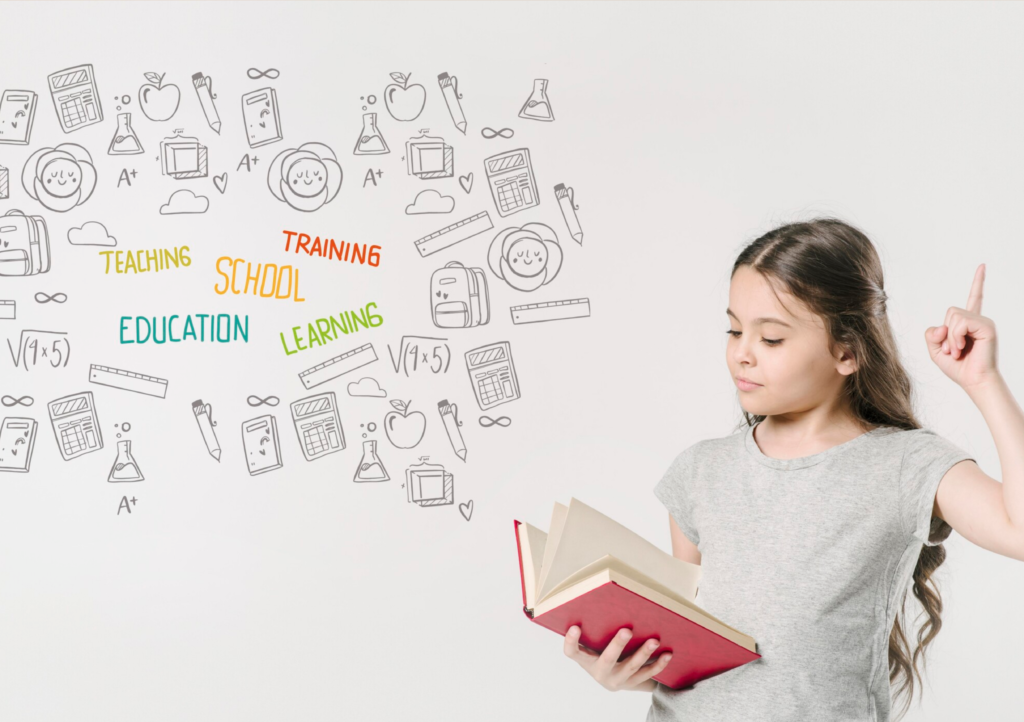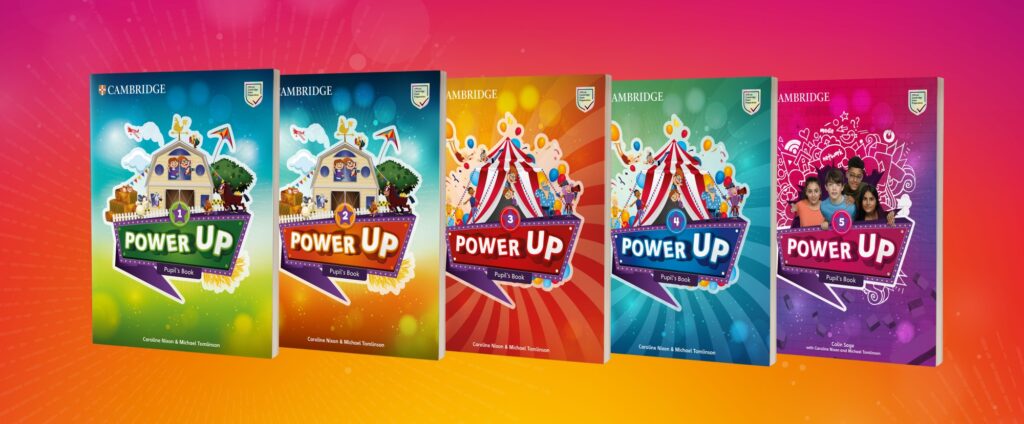About The Course

The Importance of Effective English Communication for Your Child’s Future Success:
Enabling your child to communicate effectively in English can bring about numerous advantages. Apart from providing them with an edge in school, it can also increase their chances of gaining admission into top universities, equip them with vital skills for their future careers, and ultimately lead to a prosperous future.
Fun and Interactive English Courses for Confident and Effective Communication
Our courses are designed to encourage children to communicate confidently in a fun, safe, and supportive environment. Through enjoyable and interactive activities, children can experiment with the language, boost their confidence, and enhance their communication skills.
Student-Centered Learning Approach at Positive Academy: Fostering Independent Thinkers and Lifelong Learners:
At Positive Academy, we understand the significant impact gamification can have on transforming a dull and tedious lesson into an engaging and exciting learning experience. Gamification not only enhances the learning process but also makes it more enjoyable, interactive, and addictive, resulting in increased engagement with the content.

Teaching Essential 21st-century Learning Skills Alongside English Language
Our courses aim to teach children 21st-century learning skills alongside the English language. 21st-century skills are not just a fancy buzzword, but essential abilities that students require to thrive in an increasingly complex and interconnected world. These skills include both academic and life skills that can support students in school and their future careers. Our primary goal is to inspire children to develop foundational skills that will enable them to reason, think creatively, analyze data, and collaborate effectively in the future, laying the groundwork for success in the 21st century.
Positive Academy’s Child-Directed Learning Approach: Fostering Independent and Critical Thinkers
At Positive Academy, we strive to create a new generation of independent learners and critical thinkers. Our school adopts a child-directed learning approach, where teachers shift the focus of instruction from themselves to the students. Student-centered learning is one of the most effective ways to help students develop the skills needed for independent problem-solving and lifelong learning. This approach allows students to engage more actively in the classroom, determining what and how they learn. It also enables us to cater to each student’s unique needs and abilities, rather than teaching to the class as a whole. By integrating content into the student-centered model, we stimulate their curiosity, allowing them to delve deeper into the material and apply it to real-life scenarios, connecting at a higher intellectual level. This approach also fosters interaction with their peers, helping them develop their language and communication skills, as well as interpersonal and intellectual skills, while learning English.
Moving Beyond Passive Learning: The Importance of Project-Based Learning for 21st-Century Skills
The traditional model of passive learning, memorizing facts and reciting them out of context, is no longer sufficient to prepare students for success in today’s world. Solving complex problems requires students to have fundamental skills such as reading, writing, and math, as well as 21st-century skills such as teamwork, problem-solving, research gathering, time management, information synthesis, and the use of high-tech tools. By combining these skills, students become directors and managers of their own learning process, guided and mentored by skilled teachers. In essence, we can say that “Project-Based Learning integrates knowing and doing,” as students apply what they know to solve authentic problems with the intention of producing meaningful results.
Child protection Policy

We believe that every child has potential and that each child is important, regardless of where they come from in the world. Children are a top priority because they possess a unique honesty and willingness to share knowledge and ideas that can help build trust and make a positive impact on the future globally.
As an organization, we recognize that we have a fundamental responsibility to care for and protect all children we interact with, including protecting them from abuse. Therefore, the purpose of our child protection policy is to ensure that children who engage in our activities are safeguarded. It also aims to create a shared understanding of child protection issues and inform staff planning and practice. Additionally, the policy provides step-by-step guidance to staff on how to take action if there is an allegation or concern of actual or suspected abuse.
will strive to ensure the protection of children by valuing them, listening to them, and treating them with respect. We will adopt child protection systems and procedures for our staff, ensure safe recruitment practices with necessary background checks, and share information about child protection and best practices with staff, children, and parents/caregivers. We will also share information about concerns with relevant agencies while involving parents and children appropriately. We will provide effective management for staff through supervision, support, and training.
Our organization will provide the necessary resources to implement this policy effectively, and we will ensure that it is communicated and understood by all involved. Ultimately, the safety and well-being of children are of utmost importance to us, and we are committed to ensuring that our policies and practices reflect this priority.
About the Book
Power Up
Confident in learning. Confidence for life.
Power Up is a brand new course from the bestselling author team of Caroline Nixon and Michael Tomlinson. It provides the perfect start to life’s great adventure, creating ‘future ready’ learners who embrace life with confidence. Meet vibrant characters who students will love; foster collaboration through real-world missions; deepen learners social and cognitive skills; explore embedded exam preparation; and expand the skill-set ensuring everyone reaches their full potential.

